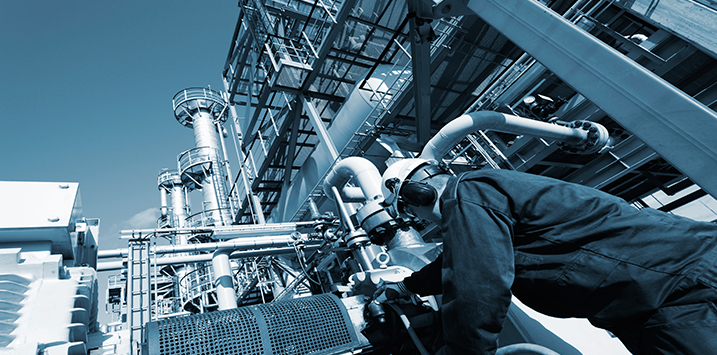
Going up! The rise and rise of Australia’s gas prices
The laws of supply and demand would suggest that Australians, sitting on bountiful gas reserves, should be enjoying cheap gas prices. But that’s not the case.
As our regular readers will know, domestic gas prices are rising because the nation’s reserves have been committed to offshore markets. We have closely followed the ACCC’s investigation of this opaque market, and while they’re gaining a better understanding of the system, fixing this issue is a formidable task.
When high prices are due to a chronic gas shortage, the first remedy to explore is increasing gas supply. Yet this seems to be a challenging prospect, as Victoria, New South Wales and Tasmania have various bans on onshore gas exploration and development, while there is (worryingly) no clear information on the size of Queensland reserves. This means that the competition by domestic and international consumers for gas from existing fields will intensify, which will drive up prices further.
While higher gas prices would normally encourage exploration and development, it seems the delivery price for gas is excessively high as well. It turns out that less than 20 per cent of gas pipelines on the east coast are subject to any form of economic regulation. The Inquiry found that the majority of existing transmission pipelines on the east coast have market power and face limited constraints, which the ACCC notes “can prevent gas from flowing to where it is valued most highly”.
At least in this area the ACCC has more influence to drive a positive market outcome, with the inquiry proposing to regulate gas pipelines that are likely to have substantial market power over the medium term.
Given the state of the east coast market, it’s no surprise that the ACCC is appealing to the Northern Territory to help with supply. But while a new pipeline to Queensland is due to be built next year, the NT Government has just introduced a fracking moratorium while it undertakes an environmental impact study.
The ACCC does not want to contribute to the debate surrounding the environmental issues of onshore gas mining, but does state in no uncertain terms that without new gas supply there will be significant implications for domestic gas prices.
This post was contributed by a representative of Montgomery Investment Management Pty Limited (AFSL No. 354564). The principal purpose of this post is to provide factual information and not provide financial product advice. Additionally, the information provided is not intended to provide any recommendation or opinion about any financial product. Any commentary and statements of opinion however may contain general advice only that is prepared without taking into account your personal objectives, financial circumstances or needs. Because of this, before acting on any of the information provided, you should always consider its appropriateness in light of your personal objectives, financial circumstances and needs and should consider seeking independent advice from a financial advisor if necessary before making any decisions. This post specifically excludes personal advice.
INVEST WITH MONTGOMERY
This from Michael West, Investigative journalism, Jly’16 ….
“Last month, the spot price in Japan was $US4.27 per gigajoule whereas the average spot price paid in Sydney, Brisbane and Adelaide in June was $US6.87/GJ. Australian consumers paid, on average, 60 per cent more for gas produced in Australia than did our customers in Japan.”
Can we squeeze in a gas inquiry before a banking inquiry please?
The demand for gas (and therefore price) has risen dramatically as a result of the recent ability to sell gas overseas, courtesy of gas liquefaction facilities that now allow gas to be transported internationally. Previously the gas was “locked” in Australia because it could not be exported. It’s simple, we now pay world prices – whereas before we didn’t. It sounds like you have been reading a bit too much of the goop served up by the gas industry along the lines that “if we produce more gas the price will drop”. In fact, the amount of gas produced will have a marginal effect because of the size of the world market we are now exposed to. It would however enable the gas producers to make massive profits. There is no “shortage” of gas supply that can be fixed by increasing supply in Australia in other words. What would make prices drop really quickly though is if the liquefaction plants were switched off. I wonder why the gas producers don’t suggest we do this?